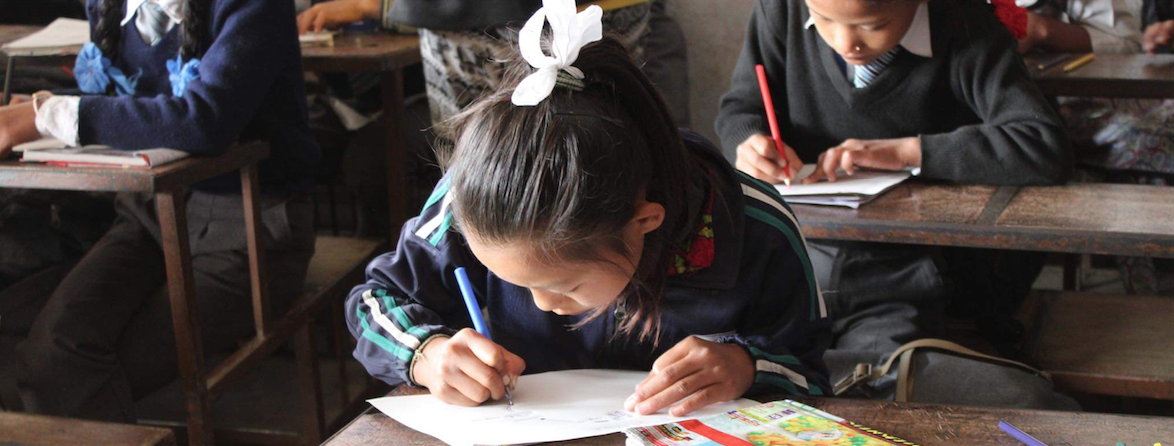Why is Education Important? - Nepal
By Sarah Dean
Education is vital to an individual, society and nation. It is often regarded as the passport to the future. From good education stems economic success, social mobility and equality. In many cases, some would agree that achieving quality and accessible education is the most important Sustainable Development Goal there is.
Why is it so important? Education provides young minds with a dream of a better future and equips us with knowledge, problem-solving skills, helping us to think, feel and behave. It allows individuals to grow, develop and understand and from this we can shape a better society.
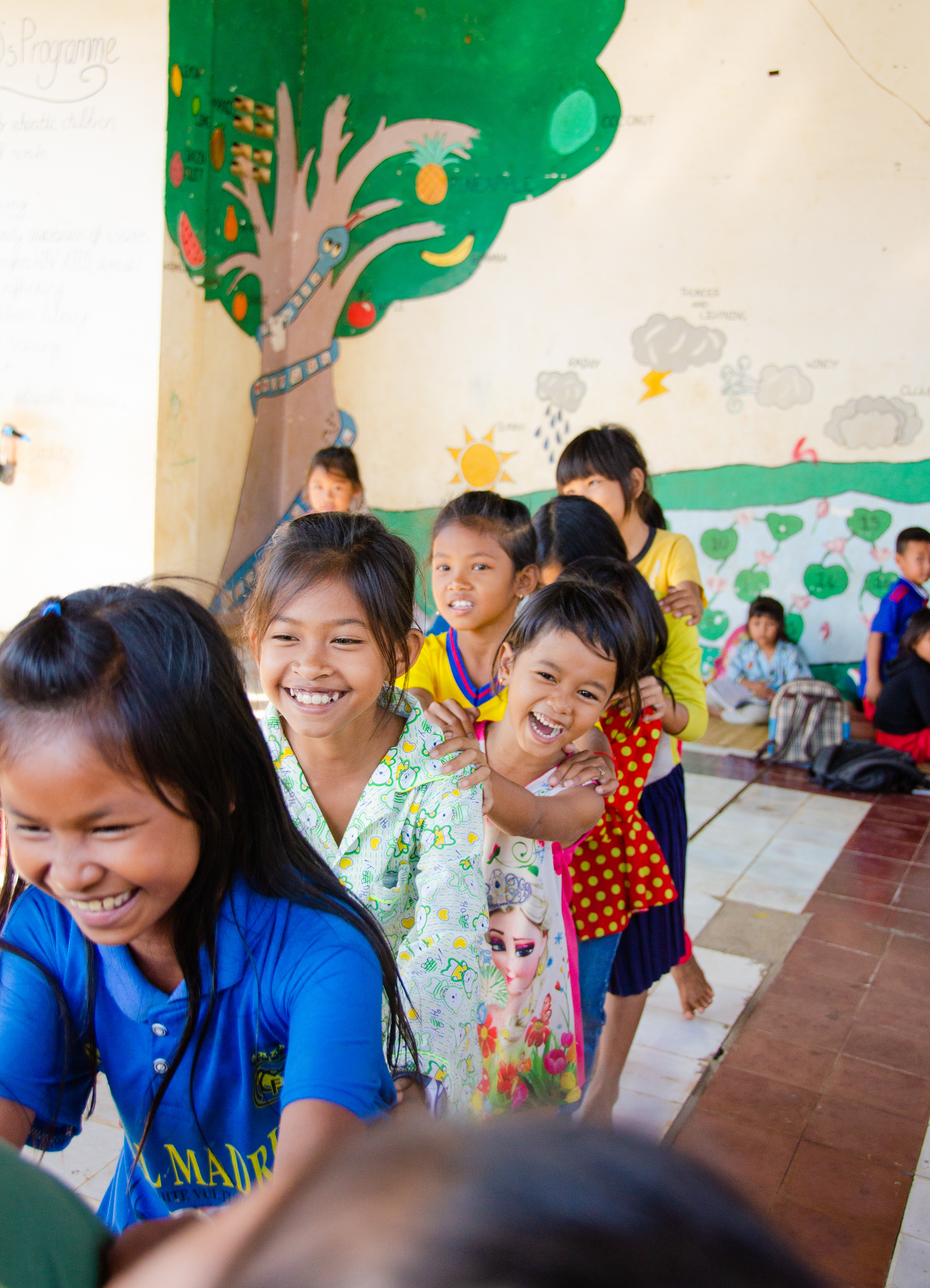
Individually, we can reach personal satisfaction and become better citizens for our community. We can then band together as one, to tackle challenges. Education is power and it can be the catalyst needed to pull families and communities out of the cycle of poverty.
Challenges in Nepal
Using Nepal as a case study, it is essential to give focus to early childhood and primary education. While there are growing concerns in the western world of an aging population, Nepal’s future sits in the hands of its youth, with 61% of the population made up of 15- and 40-year old’s and 35% being younger than 14 years.
Over the past two decades, Nepal has made significant progress in its education sector. This is reflected by the increased rate of enrolment in primary schools to 97%. However, we are not seeing a lot of change in early childhood education as school attendance is not enforced or mandated. But there are several other challenges that affect the education sector. Traditionally, poverty, ethnic differences, gender inequalities, geographical remoteness and traditional social beliefs have all acted as barriers to children’s education in Nepal.
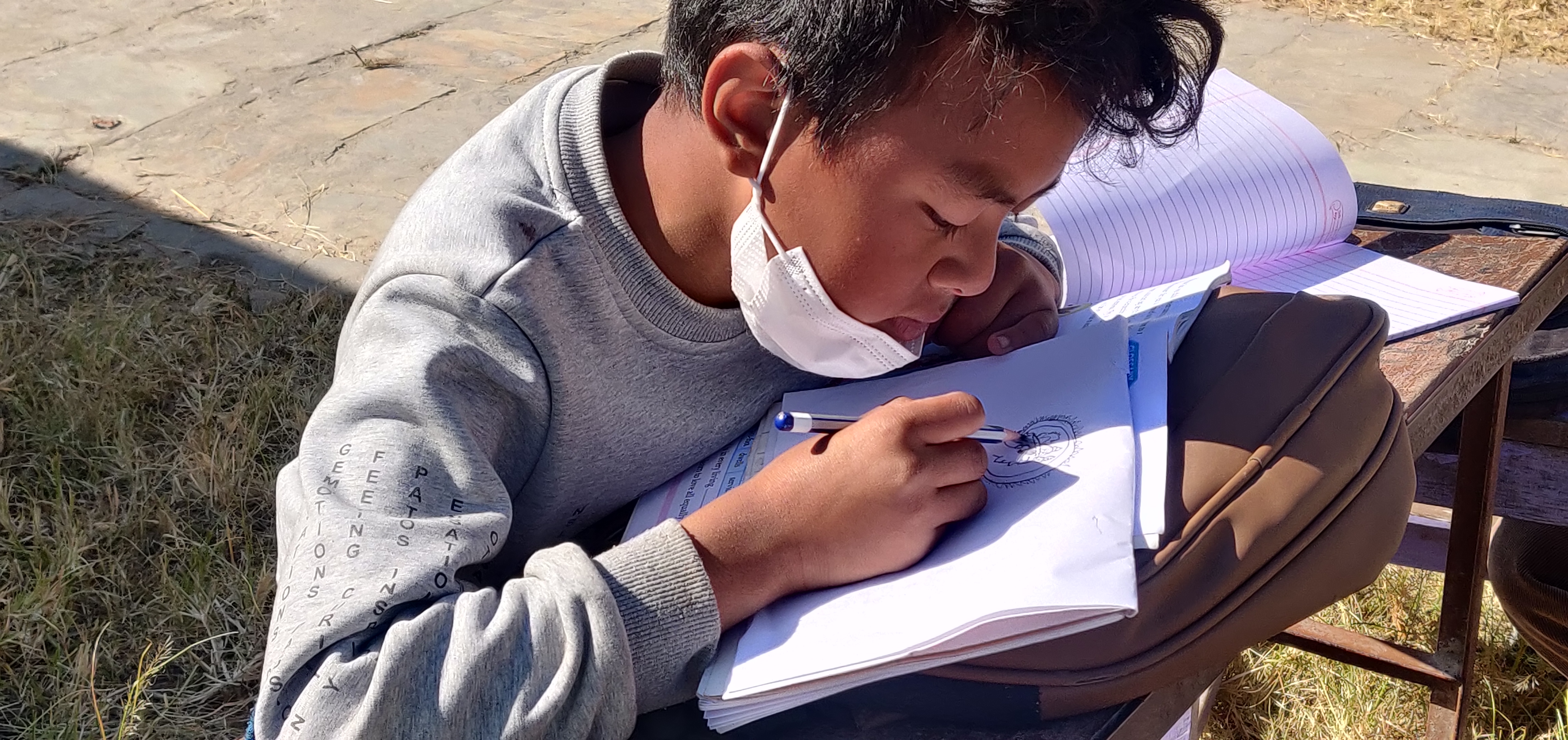
Early childhood education
Early childhood education and development services are underdeveloped in Nepal. But investing in children's education early is crucial and is so more than just preparing a child for primary education. Its aim is on the holistic development of a child’s emotional, social, physical and cognitive needs, in order to shape a solid foundation for a lifetime of learning and wellbeing. Currently in Nepal, early childhood education attendance is at a low of nearly 51%. A key factor which is challenging an increase in this number is the geographical structure that creates rural and urban divisions as well as ineffective teaching methods.
In Nepal, only 1 in 3 children receive early childhood education. Because of this, students struggle in primary school and have learning difficulties. These children are underprepared and if not provided with effective learning material, drop out. But children who have access to school also struggle with many challenges.
Barriers to enrolment and attendance
Poverty is the most significant factor when it comes to enrolment and dropout rates. 1 in 4 of the poorest children do not attend school as many families live below the poverty line and need their children to work rather than receive an education.
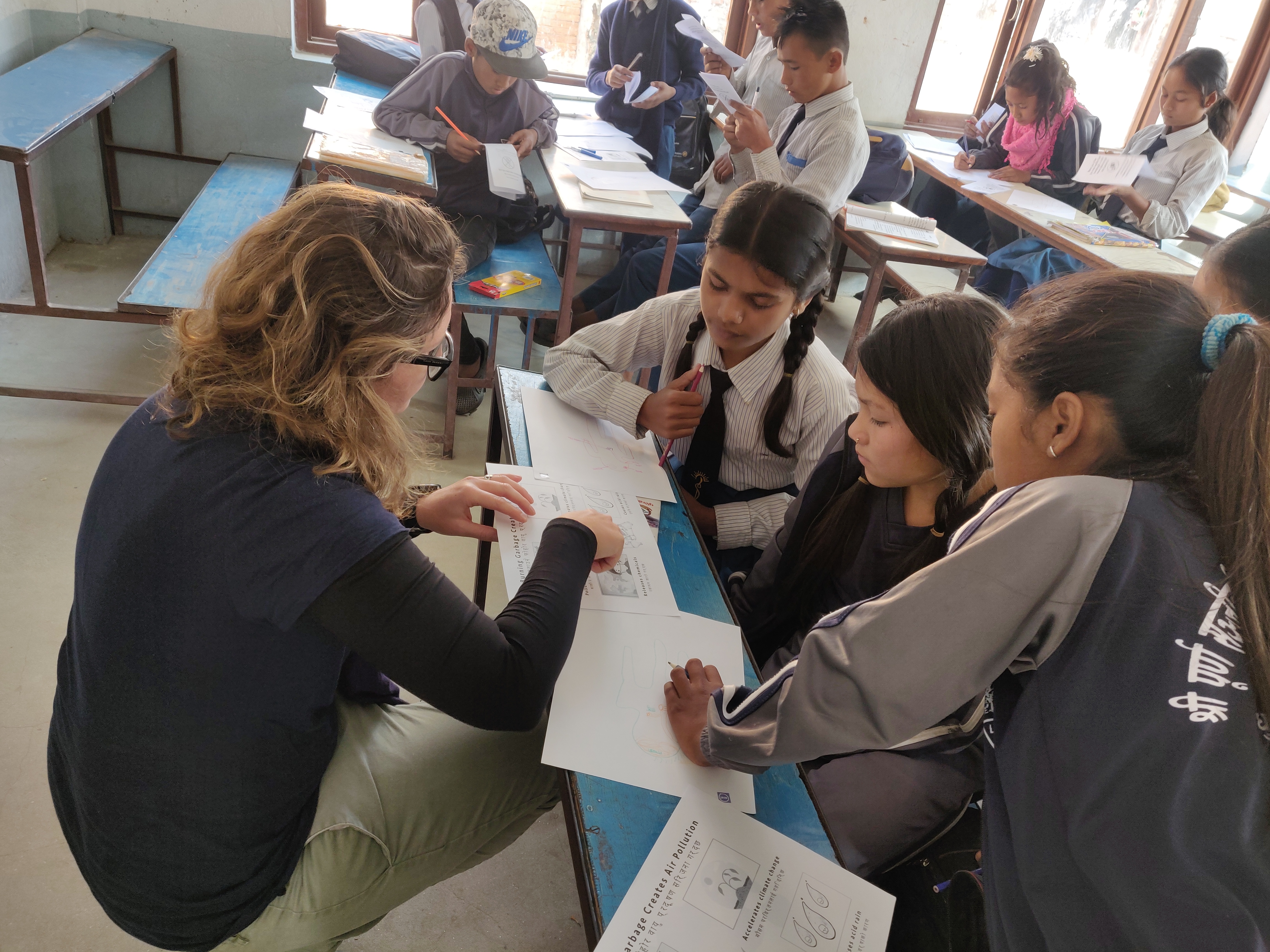
37% of children between the age of 5 and 14 are forced into child labour and this rate in children between the age of 10 and 14 is even higher at 61%.
Teacher training and resources
In order for early childhood education to be successful, teachers must be able to engage the children and maintain their interest going into primary school. The school work must be creative in order to stimulate and engage their young minds.
Currently, the FutureSense Foundation in Nepal are developing teacher training resources and materials based on the FSF model which focuses on inquiry and experience-based learning.
Particularly in rural communities, teachers are sometimes not equipped with knowledge of early childhood education or practical teaching methods. Therefore, the FSF Nepal team are planning to deliver teacher training on various issues and methods such as conversational English, life skill activities, STEM (Science, Technology, Engineering and Mathematics) approach, creative expression, child psychology, behavioural management and so on.
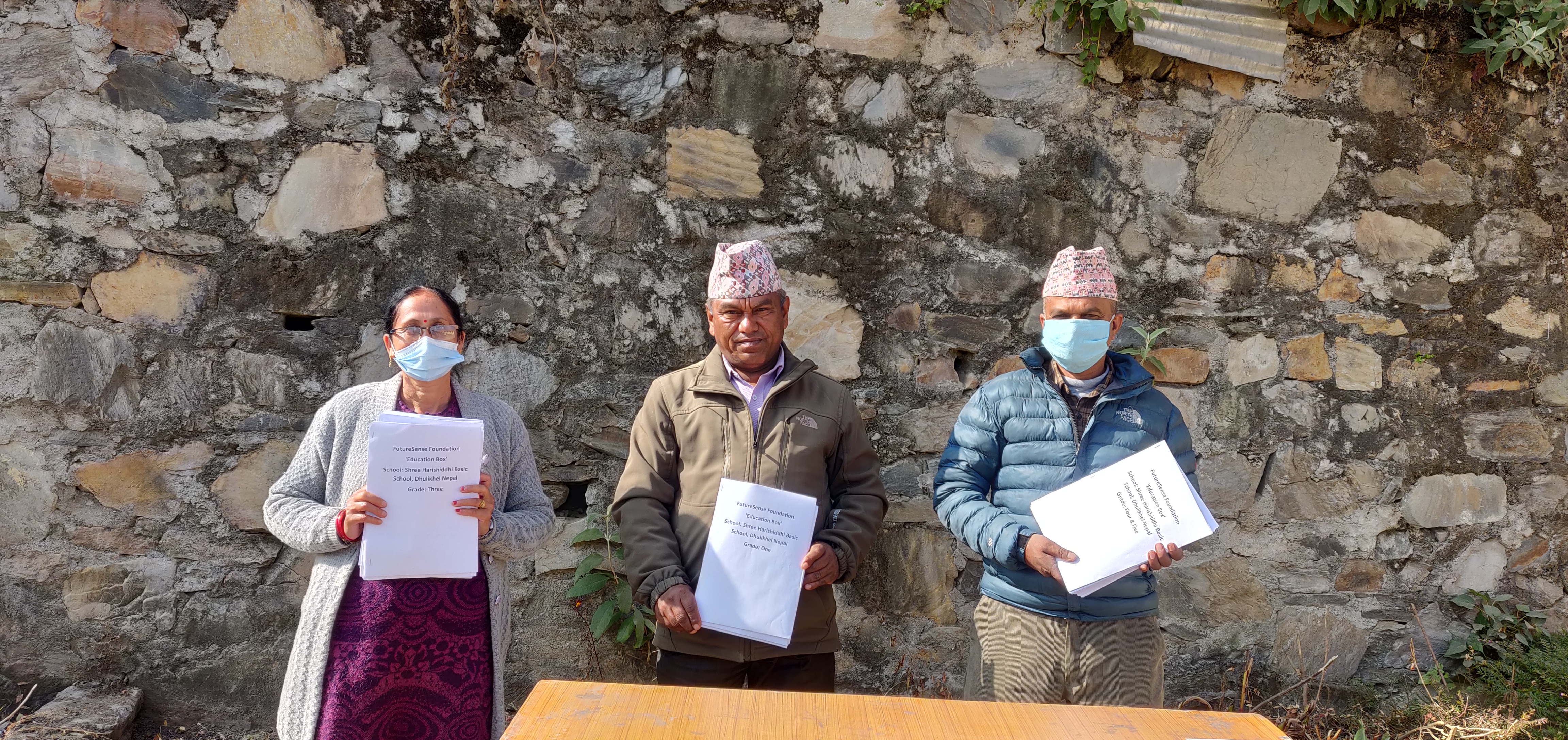
Our charity, The FutureSense Foundation are doing outstanding work in Nepal. While we haven’t been able to have our amazing volunteer there in persons, we have had virtual interns working with our Nepal team on impactful & powerful programs. If you are passionate about helping in Nepal, check out our future trips here or if you can’t wait, talk to us about becoming a virtual intern.





